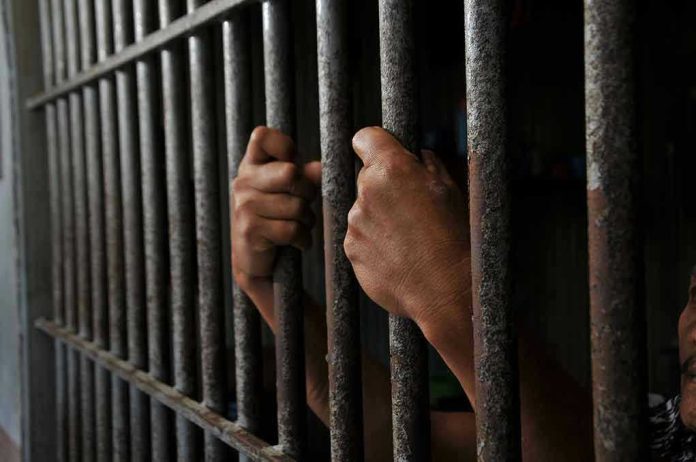
Thirty-five inmates died in a single day during Ecuador’s latest prison massacre, revealing how criminal gangs have transformed the nation’s correctional facilities into literal death traps.
Story Snapshot
- 35 inmates killed in violent Ecuador prison riot, with 31 deaths caused by asphyxiation
- Gang warfare continues to plague Ecuador’s overcrowded and under-controlled prison system
- November 9th riot represents ongoing failure of government crackdowns since 2021
- Criminal organizations exploit weak state oversight to control drug trafficking operations
- Ecuador’s strategic location between cocaine producers makes prisons battlegrounds for cartels
Death by Suffocation Reveals Brutal Gang Tactics
The November 9th massacre at an Ecuadorian prison demonstrated the savage methods gangs employ to eliminate rivals. Thirty-one inmates died from asphyxiation, suggesting attackers used smoke, gas, or deliberate overcrowding to kill their victims. Four additional inmates died from direct violence, while dozens more suffered injuries in the melee. This calculated brutality reflects the sophisticated control criminal organizations wield inside Ecuador’s correctional system.
Prison authorities discovered the carnage after regaining control of the facility, but the damage was already done. The asphyxiation deaths indicate premeditated murder rather than spontaneous violence, revealing how gangs have weaponized the prison environment itself. Medical teams rushed to treat surviving inmates while investigators began documenting the scene of what amounts to a coordinated massacre.
Government Crackdowns Fail to Break Gang Control
Ecuador’s prison crisis has escalated dramatically since 2021, despite multiple government emergency declarations and military interventions. Over 100 inmates died in a single September 2021 riot in Guayaquil, establishing a pattern of extreme violence that continues today. Each government crackdown produces temporary calm followed by renewed bloodshed, demonstrating the fundamental inadequacy of reactive enforcement measures.
The country’s geographic position between major cocaine-producing nations Colombia and Peru has transformed its prisons into strategic assets for transnational criminal organizations. These groups battle for control of drug trafficking routes and extortion operations, treating incarcerated members as expendable soldiers in a larger war. Prison staff find themselves outnumbered and outgunned by well-organized criminal enterprises that operate with military-level coordination.
Systemic Failures Enable Criminal Dominance
Chronic overcrowding, underfunding, and corruption have created ideal conditions for gang takeover of Ecuador’s correctional facilities. Criminal leaders establish de facto governments within prison walls, collecting taxes, enforcing discipline, and coordinating outside operations. The state’s inability to maintain basic security allows these parallel power structures to flourish unchecked.
Human rights organizations have repeatedly warned about the deteriorating conditions, but their advocacy has failed to produce meaningful reform. International pressure from the UN and Inter-American Commission on Human Rights generates periodic government promises, yet the violence continues to escalate. The disconnect between official statements and actual conditions reveals a system beyond conventional repair.
Conservative Solutions Require Decisive Action
This tragedy exposes the consequences of weak governance and failed liberal approaches to criminal justice. Ecuador’s government must abandon half-measures and implement comprehensive security reforms that prioritize public safety over criminal comfort. Effective prison management requires adequate funding, proper staffing, and zero tolerance for gang activity.
The solution demands separation of gang leaders, elimination of contraband networks, and restoration of state authority within correctional facilities. Families of victims deserve justice, not empty promises of future reform. Ecuador’s experience serves as a warning to other nations: allowing criminal organizations to establish parallel governments inside prisons inevitably leads to mass casualties and social breakdown.
Sources:
Dozens of inmates found hanged in Ecuador prison







